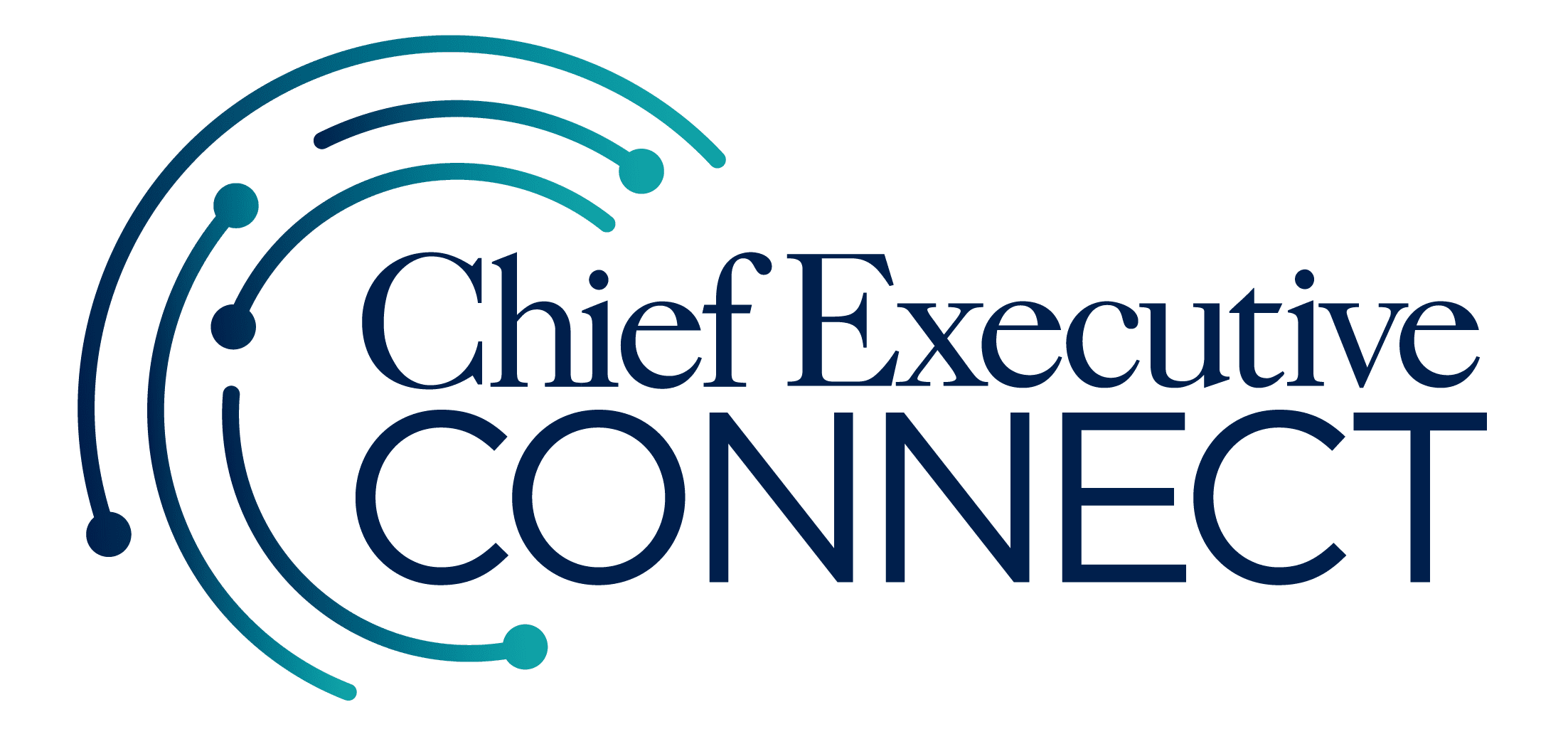I have been an executive coach and advisor to CEOs for the past 35 years. Throughout that time, I’ve spoken with countless executives and heard all manner of worries and concerns. The role of CEO has never been an easy job, but now the level of anxiety I see in today’s leaders is acute. Perhaps it is best summarized by the comments a 50-year-old successful CEO of two private equity-backed organizations recently shared with me,
“Ted, this job just isn’t fun anymore. There are so many things to worry about and so many unknowns—so many seemingly intractable problems…”
The demands of leadership do indeed appear to have become impossible and, as I explored in an earlier article, leaders are expected to navigate them impeccably.
Our recent Disruption Index confirms this fact: 72% of the CEOs we spoke to in our study are worried about losing their job due to disruption. Now, some might say that a good CEO should always be worried about their role, but the fact that this figure is up 20 percentage points on the previous year (when we were still firmly in the grip of the pandemic) is telling. The crucible of a crisis is a perfect place to put aside longer-term concerns. Survival and crisis management are critical, and a great many things can be put off until tomorrow at the expense of what needs to be done today. Are we seeing this coming home to roost for many CEOs as they get to grips with the wider disruption facing their businesses and their people? Is constant disruption the new reality?
What do we mean when we talk about disruptive forces at work? And how can a CEO, executive leader or even board member not only merely cope with increased anxiety but also use this unique moment in time to transform themselves and their companies? The bad news…it isn’t easy; the good news: there are some core areas to focus on:
• Begin with yourself. The demands of the role have changed; command-and-control leadership has gone the way of the dodo and you just might have to get used to feeling like an imposter for a while. What got you here probably will not get you to the next leg of the leadership journey, so get a coach, your trusted CHRO, or a close board member and figure out how you can be the right CEO for this unique moment in time.
We coach CEOs on developing, among other things, emotional intelligence, adaptability and resilience. We see these three capabilities as essential for all leaders—not only CEOs—to be able to demonstrate in spades. The new world is all about multiple, asynchronous disruptions; life is not going back to the way it used to be.
• Double down on executive talent. Each one of your direct reports— and their direct reports—must be an “A player”. That means you start first with the role (not the person) and get absolute clarity on its outcomes and requirements. Only when you first understand the current and future demands of the role should you then rigorously evaluate whether or not you have the right person in that role. Do they have the ability to grow as a leader with the growth of your company? Are they resilient, adaptable and strong in EQ? Will they be a culture carrier and an inclusive leader? Your direct reports will be force multipliers for you. Now is not the time to be carrying B and C players on your team. Find a more appropriate use for their talents or let them go.
• Drive up your digital fluency—now. Figure out what that means for your company. Is it the case that ‘we are all technology companies now?’ And, if so, as a leader do you really know enough to ask the right questions of your technologists? Is your attitude towards technology one of fear or one of curiosity? As my colleague Angela Zutavern wrote in her recent article ‘Not just a tool: Embracing AI’s collaborative role in the digital workforce’: “Businesses must develop a digital workforce, treating technology more like a co-worker and collaborator, and less like a tool”. Angela expanded on this idea further, “CEOs and other leaders find it daunting to develop a full vision or understanding of how specifically to integrate technology… The good news is they aren’t required to be deep technology experts… Just like any other function in the organization, leaders need to embrace the role of technology as a resource performing a function, just as your human talent does.” When put like that it doesn’t seem quite as overwhelming, as long as executives know enough to scrutinize and understand technological ‘workers’ as well as they do their human colleagues.
Prioritize the right stakeholders. Control and anxiety are inversely related. The more you drive control of the right factors, the more manageable your anxiety and—like any Olympic athlete (or my colleague Clark Perry) will tell you—the better your performance will be. We concluded our 2022 Disruption Index by exploring how executives could ‘take back control’. This need for control will be a recurring theme for leaders over the coming months, and possibly, years. CEOs and executives will need to articulate a strategic direction with clear actions that can not only be delivered at pace, but also demonstrate early success. While there will be longer term aspects to any strategy, those that prioritize pace over perfection will be better able to engage their workforce, attract new talent and build an authentic and compelling post-pandemic story about their organization’s future.
So, it is definitely tougher at the top. Now more than ever before. And disruptions are here to stay. However, as with so many overwhelmingly complex situations in life, the challenge of leadership is best addressed by prioritizing what really matters (do three critical things, not 300), building enduring partnerships and alliances, and regular, transparent communication. It will still be tough, but it doesn’t need to cause quite as much anxiety as executives are experiencing today.











